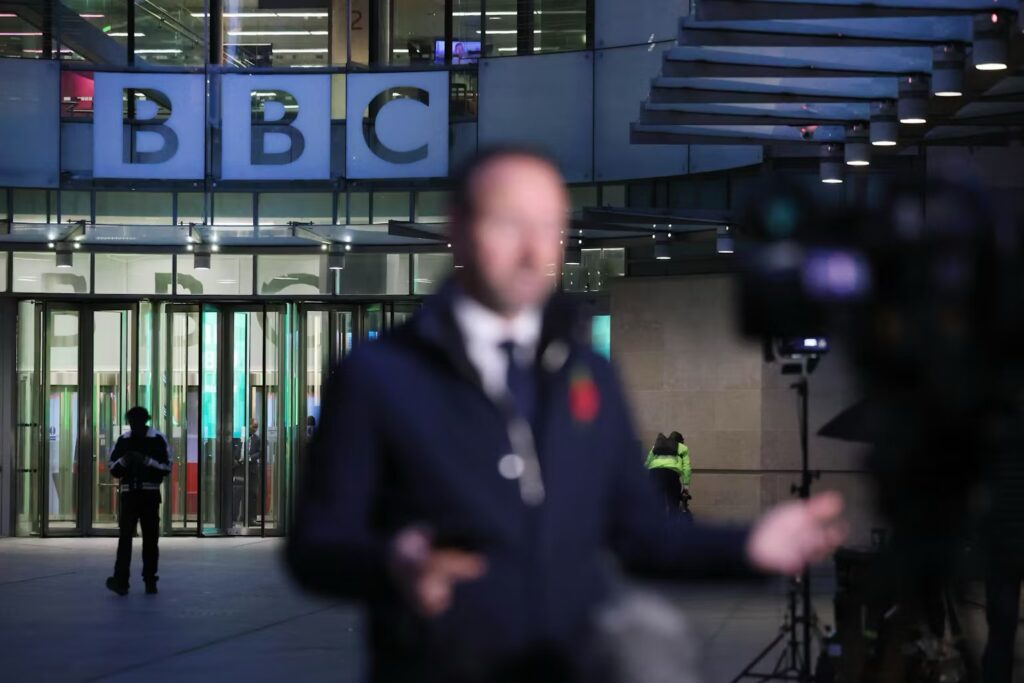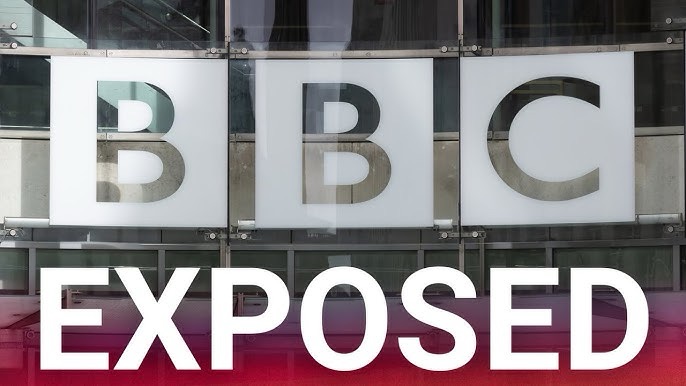The decline of traditional cooking shows, once dominated by famous chefs like Nigella Lawson and Keith Floyd, is becoming starkly evident. As traditional media battles budget cuts and reduced viewer engagement, food influencers on platforms like YouTube, Instagram, and TikTok are skyrocketing in popularity, showcasing a shift in culinary storytelling.
In 2014, the BBC faced criticism for overextending its cooking show offerings, having broadcast 21 hours in a single week. Fast forward to 2025, and the situation has changed dramatically: so far this year, there have been no new half-hour cooking show commissions from the BBC.
The landscape has transformed into one where the immediacy and relatability of food influencers have gained traction, demonstrating a cultural phenomenon. For instance, Natalia Rudin's simple Instagram video of an antipasti-style bean dish skyrocketed to over a million views, highlighting the mass appeal of casual, home-style cooking videos.
While traditional food programs have seen a staggering 44% drop in commissioning for cooking shows over the past year, online content creation thrives on community-driven demand. YouTube, now the most-watched service on American TVs, offers flexibility that TV cannot match, leading to a dramatic cultural shift wherein traditional media struggles to adapt to new viewing habits.
Events like the cronut trend illustrate how quickly online influencers can respond to culinary fads compared to traditional production houses bogged down by regulations. Ed Sayer, a veteran TV producer, notes that the rise of influencers poses a serious challenge to TV, which struggles with regulatory compliance, lengthy production cycles, and a reliance on established formats.
The Great British Bake Off remains one of the few cooking shows maintaining traction, owing to its emphasis on authenticity, a trait that resonates with current audiences craving genuine connection. However, with brand-sponsored shows on the rise, questions linger about the future of food television and whether it will still hold significance in shifting cultural landscapes.
Overall, the audience is not choosing sides in this media evolution - they just want engaging, relevant content. As the traditional cooking television industry grapples with its future, it faces the reality that it’s not about platforms winning - it's about how well you can connect with today's viewers.


















